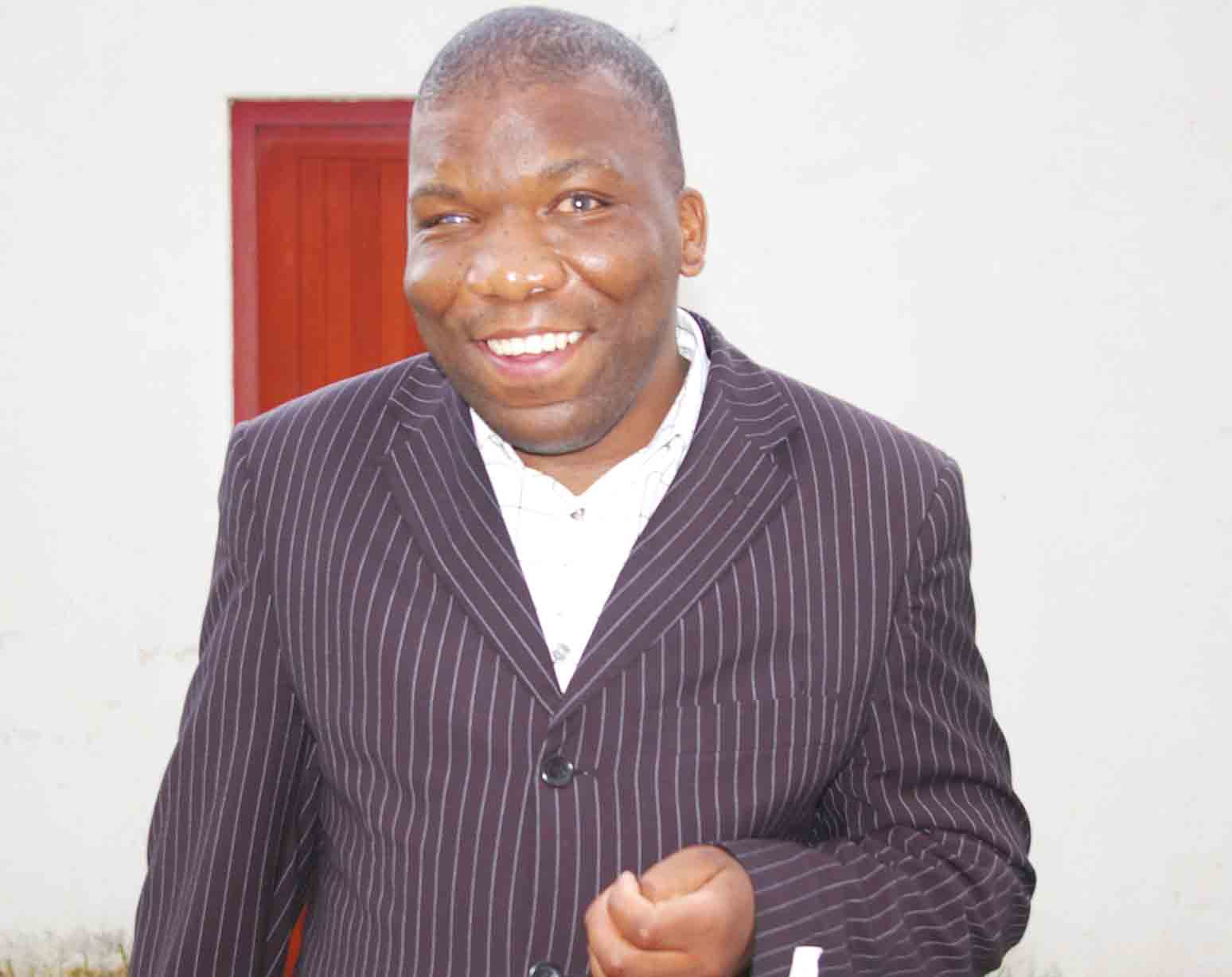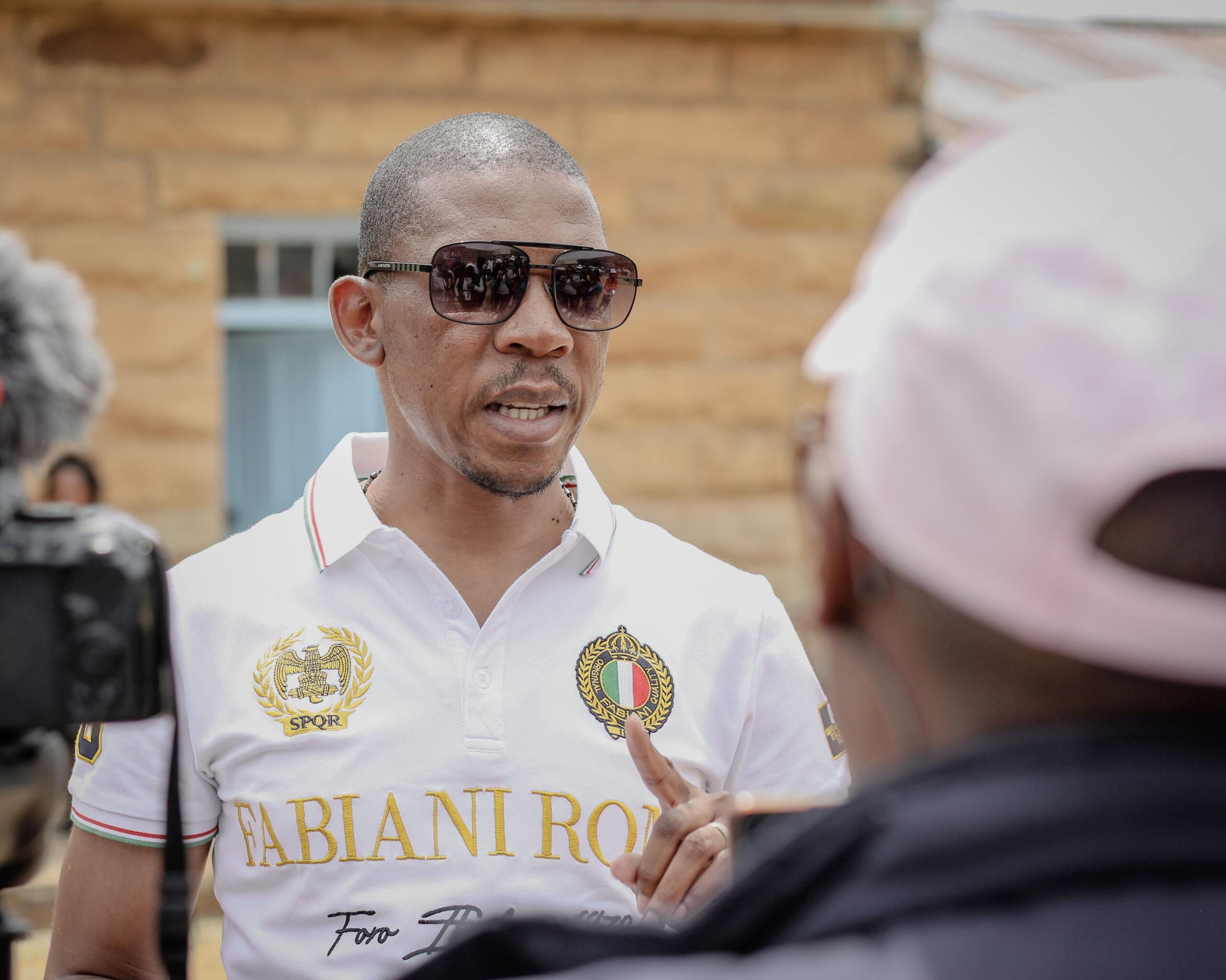…PWDs decry elections segregation
Mohloai Mpesi
People living with disabilities (PWDs) have aired their dismay at the protracted discrimination levelled against them in lieu of preparations for the forthcoming general elections slated for October this year, Newsday has heard.
According to the Lesotho National Federation of Organisations of the Disabled (LNFOD), PWDs have and continue to be disenfranchised in the preparations for elections by the Independent Electoral Commission (IEC) whose systems are not as friendly to them as they are to their so-called able-bodied counterparts.
LNFOD Project Coordinator, Rabasotho Moeletsi feels that the rights of people with disabilities are not adequately safeguarded and that they are segregated in the process.
In an interview with this publication yesterday, Moeletsi indicated that there is a great dearth of voter education for PWDs as well as systems which deter them from enjoyment of their rights espoused by Chapter 2 of the National Constitution entailing Protection of Fundamental Human Rights and Freedoms.
He lamented that although IEC is making strides to accommodate them, those still fall short of the necessary as other elections facilities such as voting stations are inaccessible to some of them.
“Systems are not fully accommodating during the election process. The IEC is trying but its efforts are not enough especially for everyone living with disabilities,†said Moeletsi, adding “…they don’t include us as LNFOD to teach and encourage people with disabilities to vote and be voted for as a human right and responsibility dictated by lawâ€.
Section 4 of the Constitution apportions to everyone a right to the basic freedoms and liberties.
“Whereas every person in Lesotho is entitled, whatever his race, colour, sex, language, religion, political or other opinion, national or social origin, property, birth or other status to fundamental human rights and freedoms, that is to say, to each and all of the following- (a) right to life; (b) right to personal liberty; (d) freedom from inhuman treatment; (l) freedom of association; (n) freedom from discrimination (p) right to participate in government…†reads Section 4 (1) of the Constitution.
Moeletsi’s concerns were echoed in the United Nations Human Rights seminar this week to sensitise Civil Society Organisations on human rights protection during elections.
It is the stance of the UN that everyone has a right vote and be elected in free and fair elections, right to information, freedoms of opinion and expression, freedom of association and peaceful assembly, freedom of movement, physical integrity and non-intimidation as well as freedom from discrimination.
Speaking at the same workshop, UN Human Rights and Democracy Advisor Hernà n Vales, indicated that it is imperative to share human rights messages for all through different media.
The seminar was meant to monitor human rights in the context that elections are held without violations of rights that are relevant to the electoral processes, contributing to holding free and fair elections and also to the prevention of election-related violations by developing human rights-based early warning and prevention mechanisms.
The UN holds that civil society has a significant role to play towards ensuring that human rights are enjoyed and protected in electoral contexts, by their monitoring and ringing the alarm in cases of irregularities, and that civil society can increase the protection of human rights during elections, contribute to the holding of genuine elections, and prevent and mitigate electoral violence.
In this context, Moeletsi added that people living with disabilities ought to be “…included during the time when they (IEC) do call-outs to encourage people to register and participate in elections.
“Some are not able to reach and access the polling stations physically as they are on wheelchairs, they struggle to get there and even have their privacy invaded when they are electing because they will have to be guided through the processâ€.
He narrated the struggles that visually impaired persons go through when they elect because they need templates to cast their votes.
“So education is insufficient to equip them with knowledge on how to use such templates. IEC gives us little time to educate them and such templates are not in all the voting stations.
“It is our fervent hope that IEC this time around has procured enough equipment, if that is not the case we urge them to add more templates,†he said adding that as observers and human rights activists, they highlight such for electoral inclusion of all.
“Even during the time when political parties elect their nominees to stand for general elections in their constituencies, we would like to see people with disabilities included to participate. If we can vote, it means we can be elected too instead of only clapping hands for other people.
“We really want people with disabilities to fully participate in politics and take leadership control so that we can also change the nation,†he said.
In its preliminary electoral observation statement, the Electoral Institute for Sustainable Democracy in Africa (EISA) which was one of the missions deployed to the June 3, 2017 general elections, divulged that about, “23% of visited polling stations were described as inaccessible to voters with disabilities, mostly because they had steps and no ramps for voters with mobility impairment.â€
At the end of its observation, EISA had recommended that the IEC makes, “…improvement of conditions to make polling stations fully accessible to voters with disabilities and to provide adequate lighting after sunset.â€
IEC Public Relations Manager Tuoe Hantši, told this publication that the Commission had taken heed to same and already has people on the ground initiating voters’ education to include every person. He said their places are easily accessible to accommodate everyone including those with disabilities.
“People with disabilities are taken care of by LNFOD and voters’ education is made to everyone, our places are accessible especially for the physically disabled. Our ballot papers also accommodate people with different kinds of disabilities.
“We have also invited civil society organisations to apply to take part in civic education, I don’t know if LNFOD applied as they are the mother body of organisations for people living with disabilities,†he said.
He said their system is not specific in addressing a specific part of people with disabilities “…but we tried to engage different departments to highlight the challenges they come across.
“We have officials in the voting stations and they are always ready to assist and identify people with disabilities so that enough templates are procured.
“We currently don’t have statistics of people living with disabilities and we can be assisted by the public from different villages so that we include everyone. Every voter is important.
“So our approach is a blanket coverage type that tries to cover everyone,†he said.
Summary
- It is the stance of the UN that everyone has a right vote and be elected in free and fair elections, right to information, freedoms of opinion and expression, freedom of association and peaceful assembly, freedom of movement, physical integrity and non-intimidation as well as freedom from discrimination.
- The seminar was meant to monitor human rights in the context that elections are held without violations of rights that are relevant to the electoral processes, contributing to holding free and fair elections and also to the prevention of election-related violations by developing human rights-based early warning and prevention mechanisms.
- The UN holds that civil society has a significant role to play towards ensuring that human rights are enjoyed and protected in electoral contexts, by their monitoring and ringing the alarm in cases of irregularities, and that civil society can increase the protection of human rights during elections, contribute to the holding of genuine elections, and prevent and mitigate electoral violence.

Your Trusted Source for News and Insights in Lesotho!
At Newsday Media, we are passionate about delivering accurate, timely, and engaging news and multimedia content to our diverse audience. Founded with the vision of revolutionizing the media landscape in Lesotho, we have grown into a leading hybrid media company that blends traditional journalism with innovative digital platforms.










